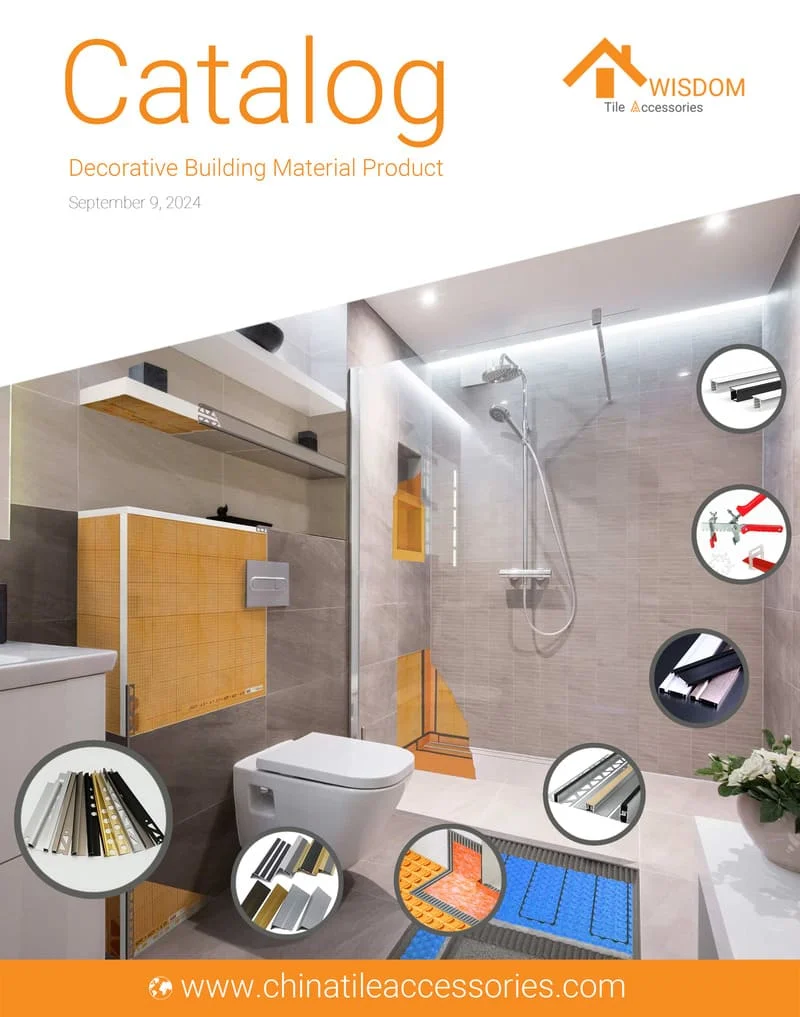Are you looking to streamline your import process from China to the Philippines, but find yourself overwhelmed by the complexities of shipping logistics?
This ultimate guide offers everything you need to know about import shipping from China to Philippines. From choosing the right shipping method to understanding customs procedures, we've got you covered.
Read on to discover the most efficient and cost-effective ways to import goods, how to calculate import costs, and the best practices to reduce shipping fees.
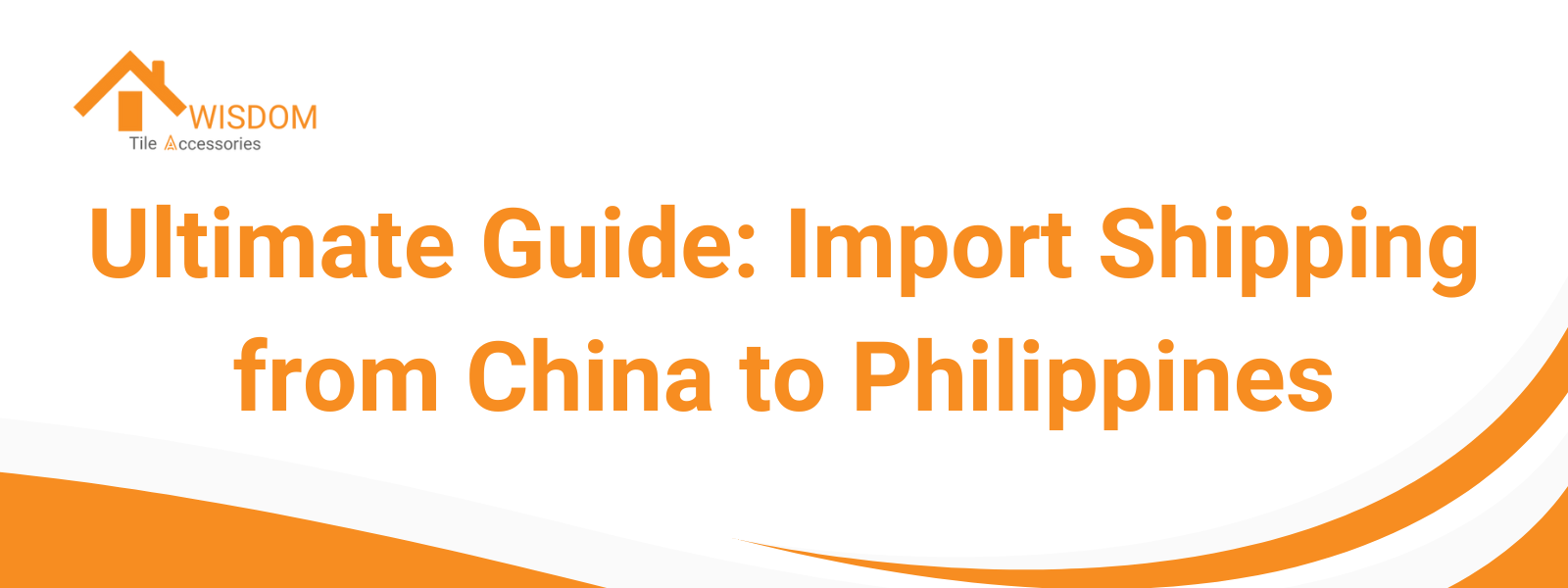
How to Import from China to the Philippines
Ocean Freight
Ocean Freight is the backbone of global trade, particularly effective for transporting large volumes of goods cost-effectively. When shipping from China to the Philippines, sea routes connect a network of major ports like Shenzhen, Shanghai, and Ningbo in China to Manila and other ports in the Philippines. The journey takes about 7-13 days, which is relatively swift considering the distance and volume of cargo.
Cost-wise, ocean freight is generally the most economical choice, especially for heavy or bulky items. Prices typically range between $0.50 to $1 per kilogram, but this can vary based on the cargo's weight, size, and the type of goods being shipped. Specific types of cargo, such as hazardous or delicate items, may incur additional costs.
Businesses can choose between Less Than Container Load (LCL) and Full Container Load (FCL) options. LCL is suitable for smaller shipments that don't require a full container, while FCL is more cost-effective for larger shipments and offers the benefit of keeping the cargo sealed in the container throughout the journey.
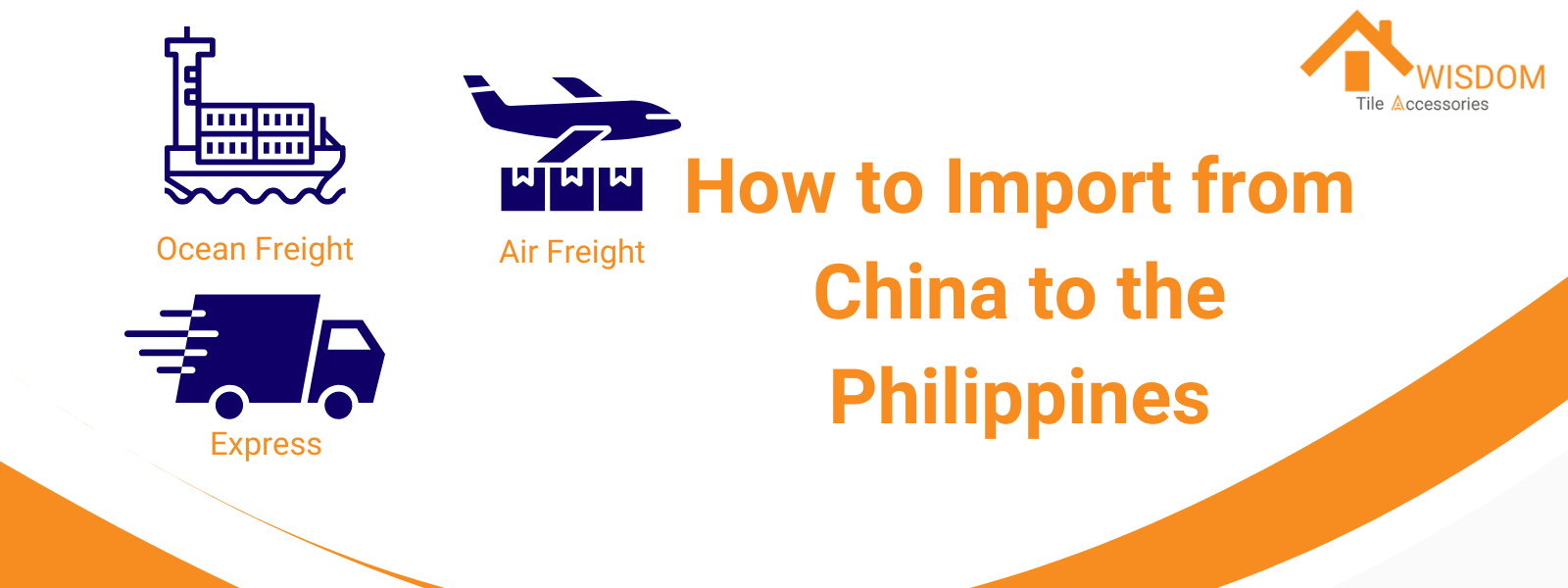
Air Freight
Air Freight provides a faster alternative to sea shipping, ideal for time-sensitive shipments. It's typically used for perishable goods, urgent deliveries, small consignments, or high-value items that benefit from the enhanced security measures at airports.
The transit time for air shipping from China to the Philippines is usually between 2 to 3 days, a significant reduction compared to sea freight. However, this speed comes at a higher cost, with rates averaging $2 to $5 per kilogram. Air freight is most cost-effective for shipments under 300KG in weight and 2CBM in volume. Beyond these limits, the costs can escalate rapidly, making it less economical compared to sea freight for larger shipments.
Express
Express shipping is the fastest and most direct method, typically used for small parcels and documents. Major courier services like DHL, UPS, and FedEx offer express shipping from China to the Philippines, with delivery times ranging from 1-3 days. This method is ideal for lightweight and high-priority shipments.
So, while ocean freight is best for large, heavy shipments that are not time-sensitive, air freight suits urgent, lightweight, or high-value cargoes. Express shipping, on the other hand, is ideal for the fastest delivery of small packages and documents. Businesses should also consider the additional costs related to customs, taxes, and potential surcharges when planning their shipping strategy from China to the Philippines.
How to Calculate Import Cost from China to Philippines?
Calculating the import cost from China to the Philippines involves understanding various components, including VAT on imports, import tariffs, and customs costs. Here's an in-depth look at these aspects:
VAT on Imports from China
- The Value-Added Tax (VAT) in the Philippines is applied to almost all importable goods. The current rate stands at 12% and is calculated on the total landed cost (cost of the imported goods, freight, and insurance).
- The VAT is calculated using the formula: VAT = 12% * (CIF value + Duty).
Import Tariffs from China
- Import duties vary depending on the type of goods and their origin. The Philippines has implemented the ASEAN Harmonized Tariff Nomenclature (AHTN), and tariffs have been removed on approximately 99% of all goods from ASEAN trading partners, including China, due to the ASEAN Trade and Goods Agreement (ATIGA).
- Duty rates range from 0% to 65%, with an average rate of about 10.5%. The calculation of import duty is based on the CIF value of the goods, and no duty is charged if the CIF value does not exceed US$15.
Customs Costs When Importing from China
- Ad Valorem Tax applies to certain items like alcohol, tobacco, automobiles, and jewelry, regardless of the import value.
- Warehouse Processing Charges, including storage and warehouse handling charges, are also applicable.
- Excise Tax may apply to products like alcohol, tobacco, petroleum products, automobiles, and jewelry.
- A Bulk and Break Bulk Cargo Fee is charged for certain commodities like liquids, chemicals, petroleum products, and dry cargoes like grain.
In addition to these taxes and duties, it's important for importers to consider the 'de minimis value,' which is the declared value of the shipment below which duty and tax do not apply. This value varies by country, and for the Philippines, it's set at PHP 10,000. Shipments below this value are exempt from import duties and taxes.
Professional Tips:
Furthermore, importers should be aware of the different Incoterms used in international trade, which outline the responsibilities of sellers and buyers. Common Incoterms include EXW (Ex Works), FOB (Free on Board), CIF (Cost, Insurance, and Freight), and DAP (Delivered at Place), each specifying different levels of responsibility and cost-bearing for the seller and buyer.
How are Taxes Paid When Import From China?
Pay the Shipping Company
Often, the shipping company handling your freight can also manage the payment of taxes and duties on your behalf. This is a convenient option as it consolidates the shipping and tax payment process, making it easier for importers, especially those new to the process. The shipping company will calculate the necessary taxes and duties based on the type of goods, their value, and other factors like freight and insurance costs.
Apply a Customs Credit
In the Philippines, businesses engaged in regular import activities can apply for a customs credit with the Bureau of Customs. This credit system allows businesses to defer tax payments, which can be beneficial for managing cash flow. To utilize this option, a thorough understanding of the local customs regulations and a good standing with the customs authorities are necessary.
Taxes are Included in the Price Paid to the Supplier
Some suppliers offer a Delivered Duty Paid (DDP) incoterm, where all the costs associated with delivering goods - including taxes, shipping, and insurance - are included in the price paid to the supplier. This method is straightforward as it provides a clear cost structure upfront, but it may result in slightly higher prices due to the supplier managing the risk and logistics of shipping and customs clearance.
Regardless of the method chosen, importers must be aware of the applicable taxes and duties for their specific goods. These include the Value-Added Tax (VAT), which is 12% of the total landed cost, and various customs duties that depend on the type of product and its value. Some goods might also attract additional taxes like Ad Valorem Tax, Excise Tax, and Warehouse Processing Charges.
DDP Shipping Service in Foshan Awisdom Metal
As a representative of Foshan Awisdom Metal, a global supplier renowned for our building materials accessories, we are proud to highlight our unique offering that significantly benefits our building materials customers in the Philippines: our Delivered Duty Paid (DDP) shipping service.
This service is a testament to our commitment to simplifying the import process for our engineering clients, ensuring that all aspects of shipping, customs, and taxation are comprehensively managed and included in the final price.

Our DDP service is tailored to meet the diverse needs of our Philippine clientele, who seek hassle-free importation of high-quality building materials. By choosing Foshan Awisdom Metal, you are opting for a streamlined, efficient, and transparent transaction. We handle all the logistics, from packaging and shipping to customs clearance and tax payments, ensuring that your products arrive at your desired destination in the Philippines without any unexpected delays or additional costs.
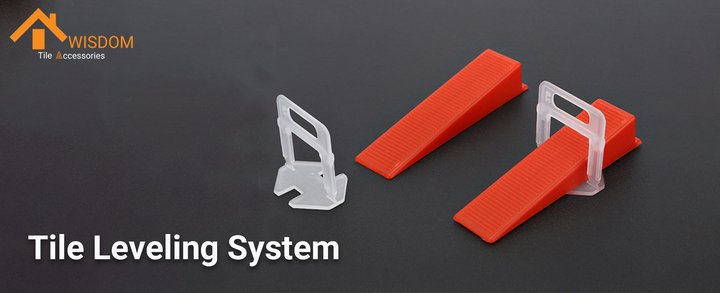
We understand that navigating international trade can be complex and time-consuming. Therefore, our DDP service is designed to provide you with peace of mind and the convenience of receiving your products directly, without the need to engage with multiple shipping and customs processes. Our approach is customer-centric, focusing on providing you with a seamless experience and high-quality products that cater to your specific needs in building materials.
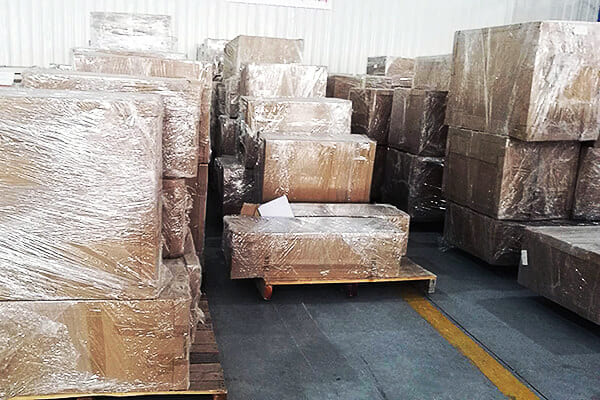
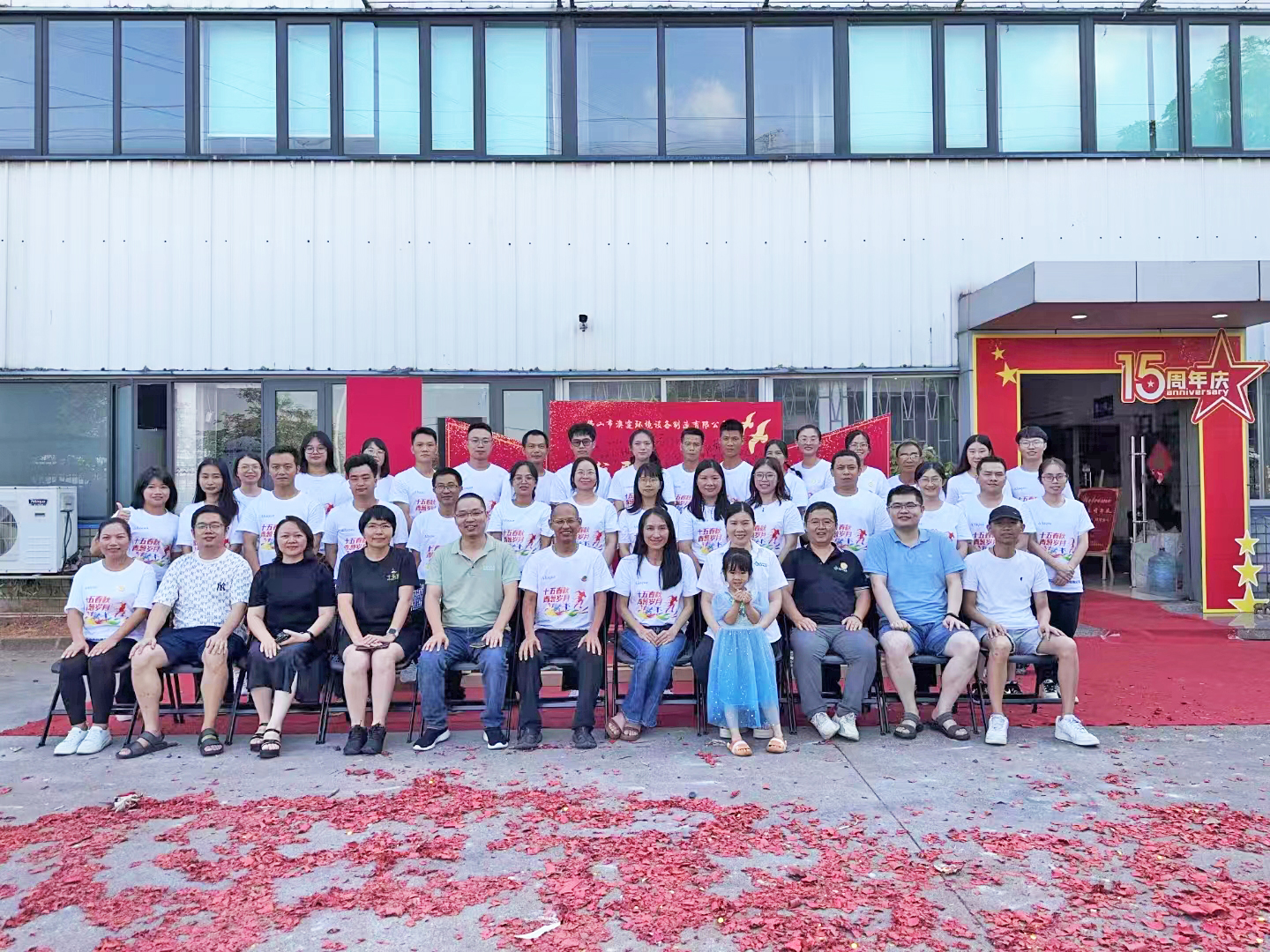
If you are in the Philippines and looking for reliable, high-quality building materials, we encourage you to reach out to us at Foshan Awisdom Metal. Our team is ready to assist you with any inquiries and provide detailed information to help you make the best choices for your construction projects. Our goal is to ensure that every customer receives exceptional service and products that meet and exceed their expectations.
For more information or to make an inquiry, please feel free to contact us directly. At Foshan Awisdom Metal, we are dedicated to delivering excellence and making your import experience as smooth and efficient as possible.
5 Tips for Lowering Shipping Fees
Legally Avoid Tax
Utilize the Corporate Recovery and Tax Incentives for Enterprises (CREATE) Act of the Philippine government (RA 11534) to potentially lower tax liabilities. Consider using a Customs Bonded Warehouse program, allowing for the temporary importation of goods into the country, which might help in reducing or deferring tax payments. Also, explore opportunities for customs tariff exemptions or reductions, depending on the type of goods and their intended use.
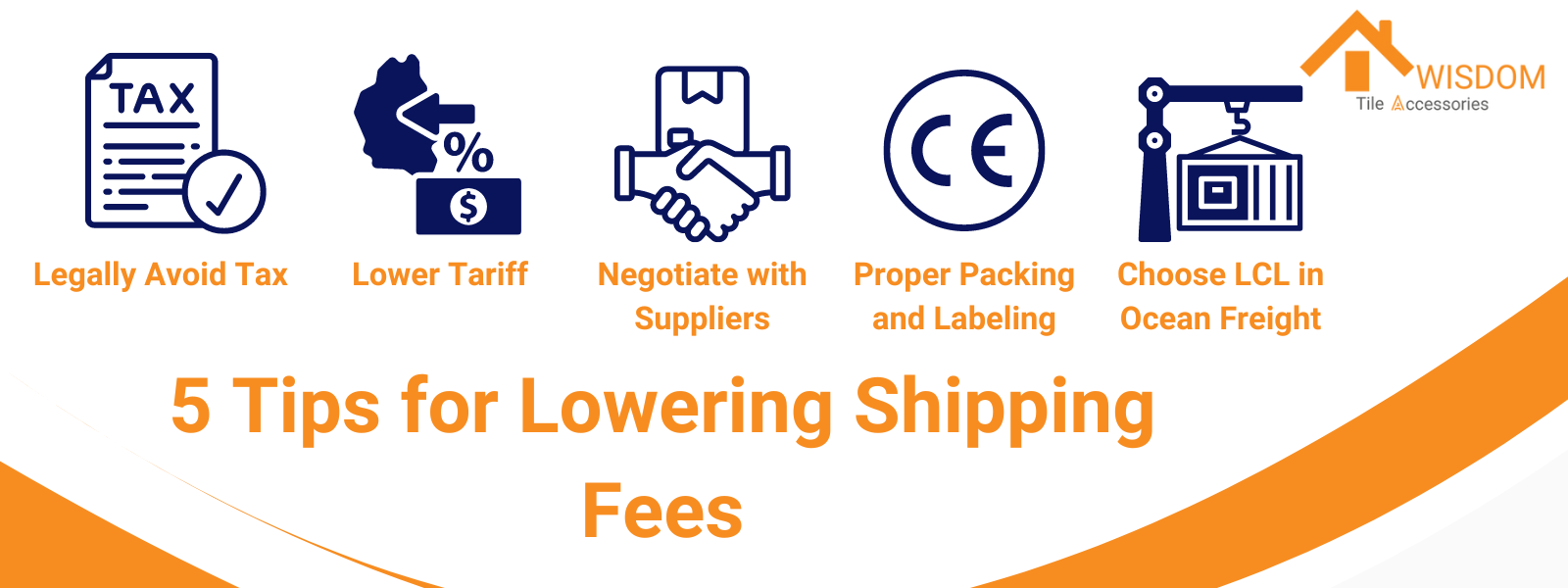
Lower Tariff
Capitalize on free trade agreements which might be in place between the exporting and importing countries. These agreements can sometimes negate duty charges or offer reduced tariffs, providing significant cost savings.
Negotiate with Suppliers
Engage in negotiations with both suppliers and multiple carriers. Suppliers may agree to ship products under your account number, potentially increasing your shipping volume and thereby reducing rates. Similarly, negotiating with multiple carriers can help you compare and choose the most cost-effective shipping options. Each carrier has unique pricing schedules, often influenced by the volume of shipments.
Proper Packing and Labeling
Use free packaging and shipping supplies provided by carriers to cut down on costs. Ensuring your packages are of the right size and weight can prevent additional fees. Lighter and smaller packages are generally less expensive to ship, so reassessing packaging materials and infill could lead to savings.
Choose LCL in Ocean Freight
If your shipment does not require a full container, opt for LCL shipping. This method is more economical for smaller shipments and can significantly reduce costs compared to booking an entire container.
Other Things You Need to Know About Import Shipping from China to Philippines
How Long is Shipping from China to the Philippines?
The shipping time from China to the Philippines varies based on the method of shipment:
- Air Shipping: Approximately 2-3 days.
- Sea Shipping: Ranges from 7-13 days.
- Express Shipping: Generally 1-3 days.
The actual time can be influenced by factors such as the nature of the goods, the shipping method chosen, customs clearance duration, and weather conditions
What is the cheapest way to ship from China?
The cheapest shipping option from China to the Philippines is typically sea freight, particularly for heavier and bulkier shipments. The cost for sea freight averages between $0.50 and $1 per kilogram. In comparison, air freight is more expensive, averaging $2 to $5 per kilogram. For smaller and more urgent shipments, express shipping services like DHL, UPS, or FedEx can be used, but these tend to be costlier, with prices ranging from $2 to $4 per kilogram for typical courier services.


